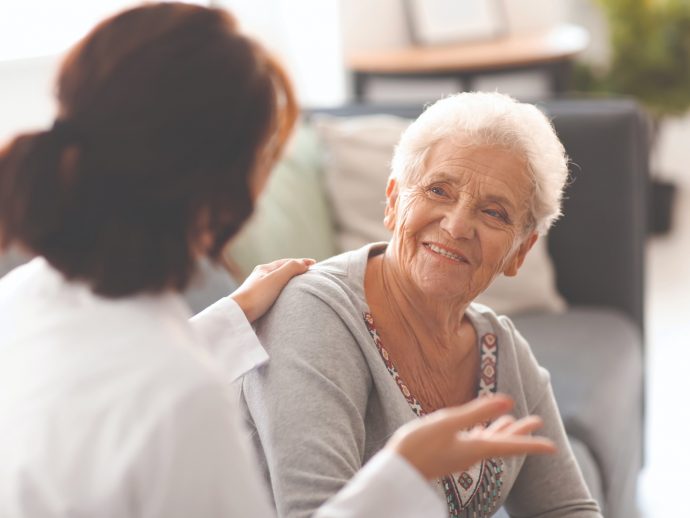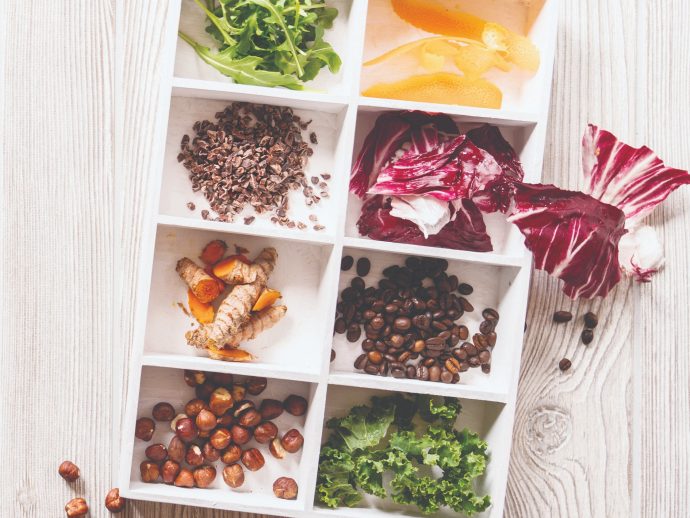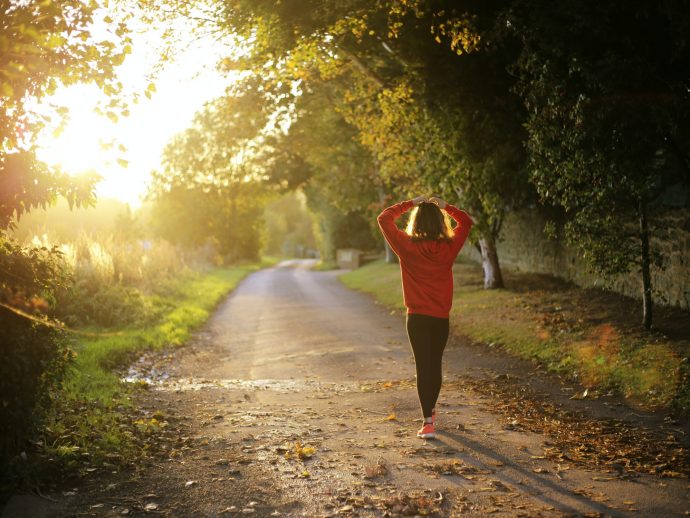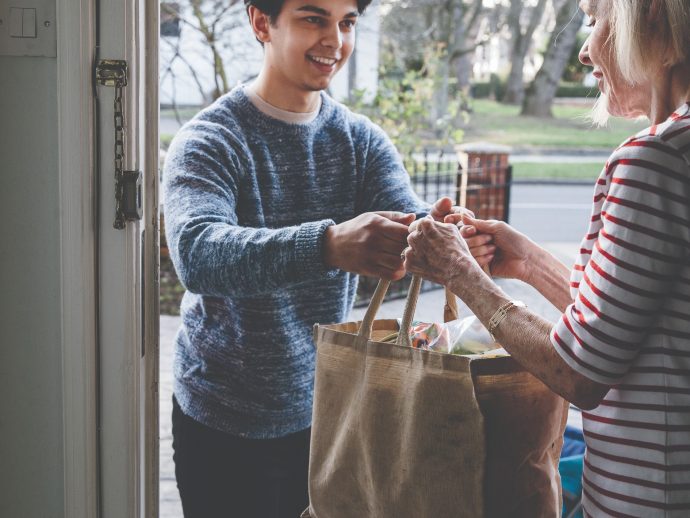
No one likes to think about cancer. But being proactive about cancer prevention and early detection could be lifesaving, no matter your age. Here’s how to know the symptoms to watch for and precautionary actions to take.
Youth
You know your child best, so you may be the first to notice something unusual that might point to cancer.
Common cancers in kids
Type of cancer |
Common symptoms |
| leukemia | unexplained tiredness; easy bruising |
| brain | persistent headaches; new seizures; dramatic personality change |
| lymphoma | one or more swollen lymph nodes |
| bone | leg pain or other bone pain that persists |
Most childhood cancers aren’t due to lifestyle. But the habits you instill in kids may help prevent cancer when they’re adults.
Proactive actions
Keep regular checkups
Routine blood tests can show potential signs of some cancers, including leukemia.
Encourage physical activity
Exercise lowers cancer risk.
Teach sun safety
Use sunscreen and discourage indoor tanning.
Adulthood
Some cancer symptoms are vague, so it’s important to get checked if you feel that something is wrong.
Common cancers in adults
Type of cancer |
Common symptoms |
| breast | unexplained lump or swelling |
| prostate | trouble urinating or increased urination frequency |
| colorectal | persistent change in bowel habits; blood in stool |
| lung | unexplained, prolonged cough |
Proactive actions
Get checkups
Several screenings—including mammograms, prostate tests, and colonoscopies—are generally started between ages 40 and 50, depending on personal risk.
Maintain a healthy weight
Excess body fat increases risk of many cancers.
Limit alcohol and avoid smoking
Both are known causes of cancer.
Seniors
Many cancers common in middle-aged adults are even more common in older adults.
Other common cancers in older adults
Type of cancer |
Common symptoms |
| leukemia | significantly lower energy level over a period of a few months; frequent infections; swollen lymph nodes |
| skin | change in appearance of a mole |
| bladder | blood in urine; frequent and/or painful urination |
Unexplained weight loss may also signal cancer, so consult a health care practitioner.
Proactive actions
Continue checkups
Decide with your doctor which cancer screenings are still right for you.
Check your skin regularly
A dermatologist can evaluate any concerns.
Monitor your weight
Weigh yourself at least every month.
Anticancer eating
There are so many wonderfully healthy foods to include in your diet, such as:
- nonstarchy vegetables, especially green leafy and cruciferous ones such as kale and broccoli
- whole fruit, particularly berries
- mushrooms, such as reishi and maitake
- oily fish, such as salmon, sardines, and herring
- plant proteins, including beans, lentils, tofu, and edamame
- whole grains, especially oats and barley
- extra-virgin olive oil
- herbs and spices, such as turmeric, cinnamon, ginger, garlic, and onions
Supplemental support
It’s important to ask your health care practitioner before taking a new supplement. One notable supplement that may help to reduce cancer risk is vitamin D. Other supplements being studied for potential anticancer or immune-supportive effects include berberine, curcumin, EGCG (epigallocatechin gallate), lycopene, mushroom extracts, and omega-3s.
Written by Marsha McCulloch, MS, RD






